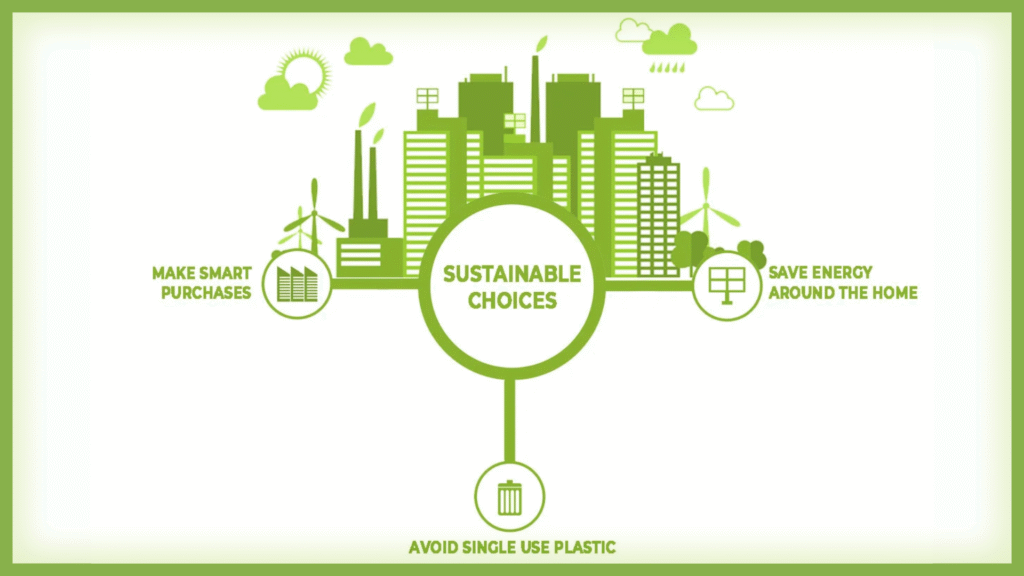Sustainability has moved from being a niche concern to a powerful marker of prestige. Around the world, status is no longer defined only by luxury cars or designer labels. It is increasingly reflected in the choice of sustainable products, eco-friendly lifestyles, and ethical consumption.
Consumers are redefining luxury in terms not only of exclusivity or craftsmanship but also environmental responsibility and reduced carbon footprints. Brands that integrate green innovation, transparent supply chains, and sustainable materials are gaining stature in a similar fashion as traditional luxury labels once did. Conspicuous consumption now extends to purchases of sustainable fashion, where people display their values through items that are stylish, ethical, and socially respected using them as badges of identity.
Sustainable real estate has also become a global trend, with green homes featuring energy-efficient appliances, low-carbon design, and renewable energy sources. Social norms amplify this shift as communities increasingly regard sustainable practices as desirable and aspirational. This collective endorsement encourages individuals globally to align their behaviors with greener lifestyles.
At the same time, there remains a gap between aspiration and practice. In the luxury segment, many consumers express interest in sustainable products, but fewer are willing to pay significant premiums unless these goods also convey status, innovation, or superior aesthetics. This tension underscores that while sustainability enhances prestige, it often succeeds when paired with other forms of value.
In India, the trend is equally visible. Two-thirds of urban Indian consumers prioritize environmental responsibility when selecting brands, and studies in states such as Tamil Nadu show that social influence and awareness strongly shape sustainable purchase behavior. Nationally, about 57 percent of respondents say they would pay more for eco-friendly products, though skepticism about sustainability claims continues to pose ongoing challenges.
Sustainability today is not only a moral choice. It has also become a form of social prestige. By choosing greener options, individuals express their identity and deeply held values. Brands that fail to adapt risk being seen as outdated in an economy where status is increasingly tied to sustainability.

